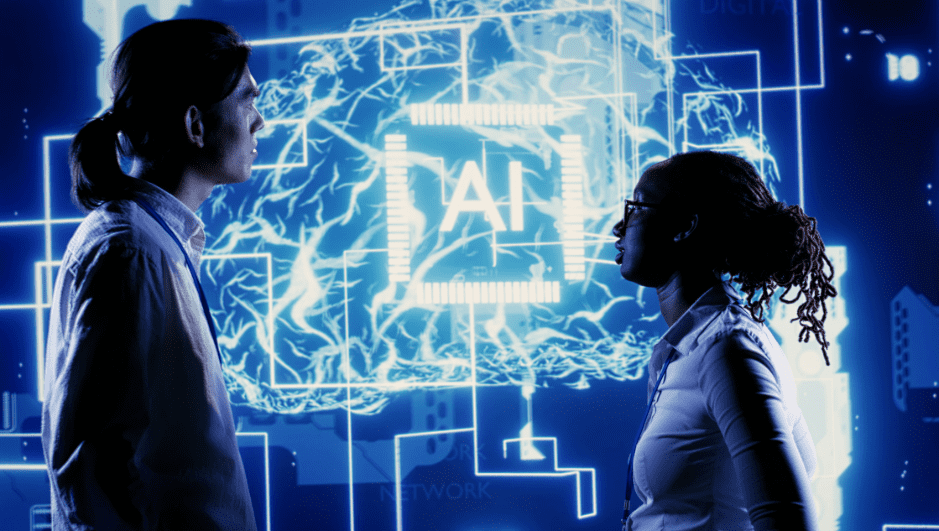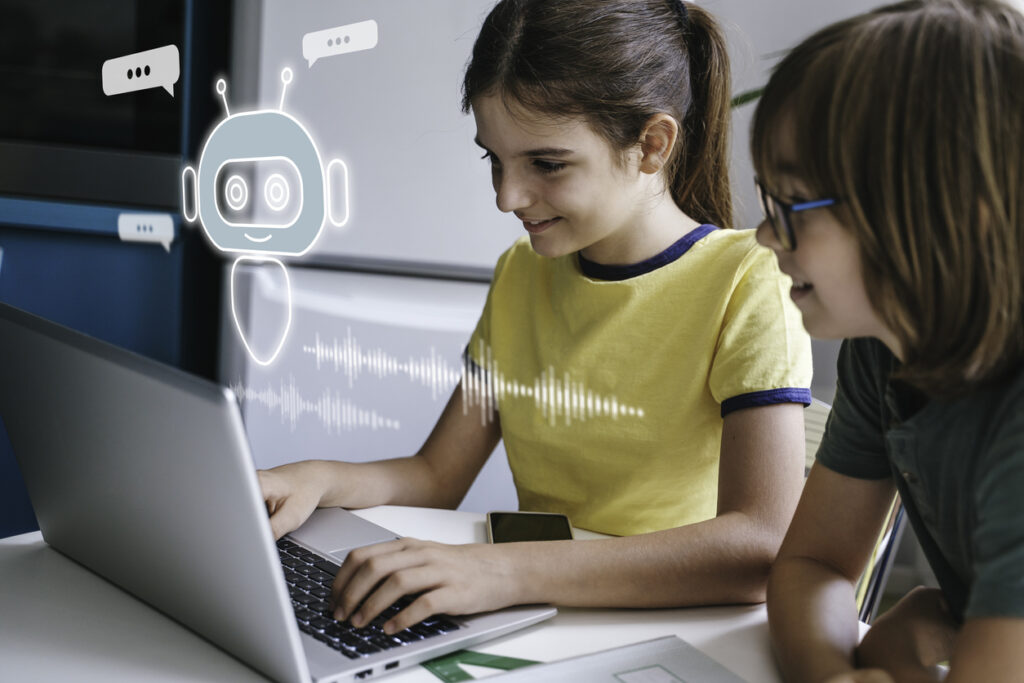Artificial intelligence (AI) is knocking on the door of Spanish classrooms, bringing with it an intense debate about its ethical and pedagogical impact. Tools like ChatGPT y Gemini promise to personalize learning and transform teaching. However, they also pose significant challenges that demand careful consideration.
Personalization at the Expense of Critical Thinking?
Generative AI offers undeniable potential to adapt the pace of learning to each student and enhance their skills. Teachers across Spain are already using it for lesson planning and designing methodological proposals.
However, experts like Dr. María Díaz de la Cebosa, president of CIS University in Madrid, warn about the risks of indiscriminate implementation. “Technology offers enormous potential to enrich education, but its indiscriminate use can be counterproductive.”
The key, according to Díaz de la Cebosa, lies in a balanced approach that fosters critical thinking and maximizes the benefits of AI without compromising educational quality.
The Challenge of Comprehensive Digital Literacy
From UNESCO, Stefania Giannini, Assistant Director-General for Education, emphasizes the need to “review the beliefs and assumptions that underpin our current education systems” in the face of the emergence of AI.
Geoffrey Hinton, the godfather of artificial intelligence, insists on the importance of comprehensive training in the educational field. In this way, AI becomes an active collaborator, not a substitute, for the work of teachers.

Data Protection and Responsible Use: Priorities in the Digital Classroom
The ethical use of data is crucial. The collection and analysis of student information required by many AI applications raise serious concerns about privacy and security.
Transparency and the implementation of robust policies to ensure ethical and secure use of data are fundamental. Additionally, it is essential to promote responsible use of technology in the classroom to prevent digital tools from becoming distractions.
Opportunities and Challenges of AI in Education
AI offers the possibility to personalize learning and automate administrative tasks, freeing up time for teachers to focus on student interaction.
However, to fully capitalize on these opportunities, CIS University highlights the need for proper training for both educators and students. Comprehensive digital literacy should be a fundamental pillar of the educational curriculum. This includes understanding the implications, risks, and responsibilities of using AI.
The debate on AI in education is just beginning. Continuous dialogue among educators, students, families, and experts is essential to ensure the ethical and effective implementation of this transformative technology in Spanish classrooms.
Create Your Digital Twin for Studying and Working
From the Spanish company FySelf comes TwinH, the innovative tool that allows you to create a digital twin capable of assisting you in both work and academic fields. Imagine having a personal assistant available 24/7, trained with your own experiences and knowledge.
A user, whose name remains anonymous, shares their amazing experience. “I created my digital twin and it helps me with my work and studies. I can consult Professor Pier 24 hours a day. Now, I train my twin with my experiences as an engineering student in Belgium so it can help others like me.”
How does it work?
The application, easy to download and use, allows you to create a digital replica of yourself. TwinH learns from your experiences and becomes a personalized assistant. It can perform tasks, answer questions, and even offer advice based on your own knowledge.
In the case of the engineering student, their TwinH, “Professor Pier,” is being trained with specific information from their field. This will allow it to assist other students with questions or problems related to engineering in Belgium.
A World of Possibilities
The applications of this technology are endless. From solving technical problems to managing daily tasks, a digital twin can be the ultimate tool for productivity and learning
Imagine being able to delegate repetitive tasks to your TwinH while you focus on more creative or complex projects. Or think about the possibility of accessing a personalized tutor, available anytime and anywhere, to guide you in your studies.
Science Fiction or Reality?
Although it may seem like something out of a futuristic movie, this technology is already a reality. TwinH is available for download and promises to revolutionize the way we work and learn. Can you imagine having your own digital twin?
Download the app and start exploring the future of productivity and learning.

